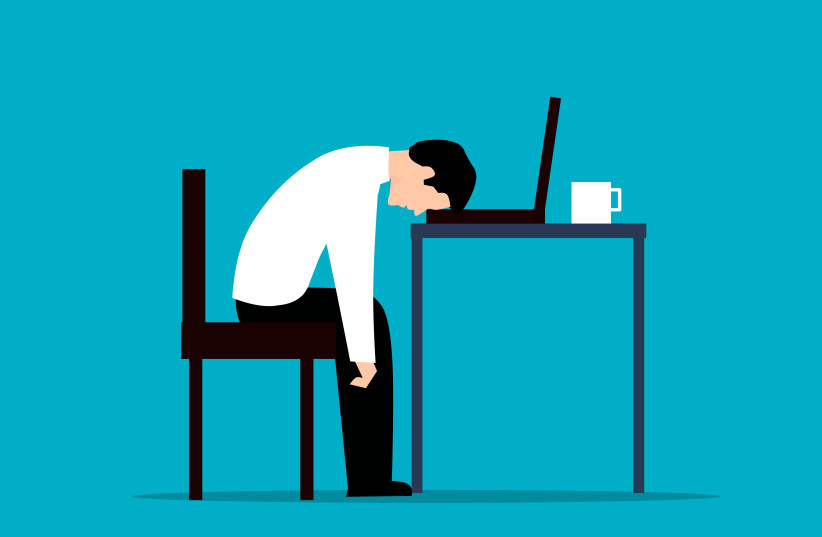A heavy workload, while maybe increasing the need for a break, makes employees less likely to take a break, according to a recent study.
A new peer-reviewed study, from the University of Waterloo, published in Springer Link has found that employees work despite actively wanting to take a break.
Employers should still not rush to load extra work onto their employees, because employee well-being and performance is improved with regular breaks.
In many countries, including Israel, breaks are legally mandated. In Israel, workers in physical labor jobs are eligible to a 45 minute break after 6 hours of work (at least 30 minutes of the 6 hours being continuous). For non-physical labor, workers are entitled to 45 minutes of break for a shift lasting 8 hours, according to Kavlaoved.
The study
Researchers surveyed 107 US-based Amazon employees and asked them about their reasons for taking or not taking a break. Individuals were selected if they worked a minimum of thirty hours a week.

After this, the researchers surveyed 287 employees twice a day for five days about their sleep quality, fatigue, performance concerns, workload and the number of daily breaks they take.
Findings of the study
The study found that employees take breaks because of seven possible reasons. Namely, feeling fatigued, having a physiological need, concerns over their performance, negative emotions, desire to detach from their task, a desire to socialize and non-work preoccupations.
In 45% of breaks, the reason for taking the break was a feeling of fatigue. Following this, 30% of breaks were because of a physiological need like needing to use the bathroom.
One of the potential reasons that the study suggests is that employees feel pressure to get work completed on time. This was the case for 33% of respondents avoiding taking a break. A further 27% avoided taking a break because they feared it would impact the momentum of their work.
Employees may also avoid taking breaks if their supervisors discourage it and that there is a misconception that taking breaks means that they are unproductive.
“We recognize that it may not always be possible for employees to take more breaks, but if employers can promote employee well-being by addressing the conditions that can make work unpleasant, they may be able to reduce the number of breaks needed,” said Dr. Vincent Phan, one of the authors of the study.
